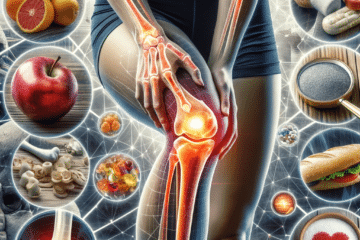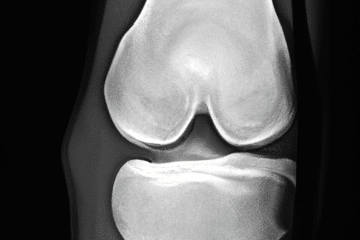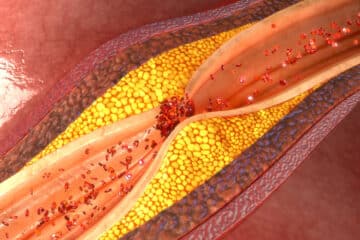
“I don’t know”
Three (powerful) words that are clearly not utilized enough in the multitude of daily encounters that take place between patients and physicians.
If I read 2 academic papers per day, I will be 5 years behind by the end of day.
The availability of information and the velocity of information transfer means that the amount of information becoming available clearly exceeds the cognitive capacity of each and every individual in any chosen field.
Even as “specialists” … We do not know everything.
I would offer that our patients can play a very important role in the continuing education of an open and digitally savvy physician. More than ever before, incentivized patients are engaged, empowered and taking a very active role in their well being. 85% are searching the internet for information prior to or just after their visit. I welcome the opportunity to review the data or information with them to determine its accuracy and whether or not it is pertinent or applicable to their particular case.
Physicians should not leave it up to their patients to seek another opinion when it becomes obvious that they may not know what’s going on …
It’s OK to say — “I don’t know”. It builds credibility, it builds trust, and if *we* are open minded, it builds our knowledge base for future doctor-patient interactions!












Thanks, Howard. I just spent a week at a seminar in Salzburg about shared/informed medical decision making, which as I’m sure you know is about the 30+ year work of Jack Wennberg and others – the book Overtreated, the Dartmouth Atlas project, and all that. We learned a lot about the cost and resource stress of practice variation, particularly the impact of uninformed patients who “delegate” their decision making to their doctors. It’s more clear to me than ever that informed, engaged patients are a big part of the better future we all envision.My primary, @DrDannySands, now has slides in his standard deck that say some great things:- “The power of ‘I don’t know'”- “Embrace information symmetry”Your item “Do you turn to the computer with them” and “Let’s both look this up tonight” is WONDERFUL. Thanks too for saying this post was inspired by my MITSS speech. For others, that 15 minute talk is here.
Thx @epatientdave ! I have mny blogs about Sh Dec Making, over-treatment, over-utilization, etc. We are definitely on the same side of a very important movement! Thanks again./h
choosing iConsent when offered iChoice is like saying to HCP ‘You’re the flesh mechanic… you choose
I love this! Would rather feel like someone is working with me! The most calm I EVER FELT was when a neuro said to me, “I don’t know what is going on, but we will work this out together. I AM sticking with you.” I felt calm and supported and TRUSTED and like a specialist was WITH ME. I felt like someone had my back. He also referred me out when the time came AND he has my loyalty because he never acted like he knew it all but he was a rock when I needed one.
GREAT POST!
cheers!
Melissa
Howard
This is great.
You inspire me to be a better doctor, and to do more in the social media space.
Thanks very much for both.
Greg
How cool is that !!! Thanks soooooooooooo much for that comment! That is what drives me to continue!!
Thanks again Greg~! Truly appreciate.